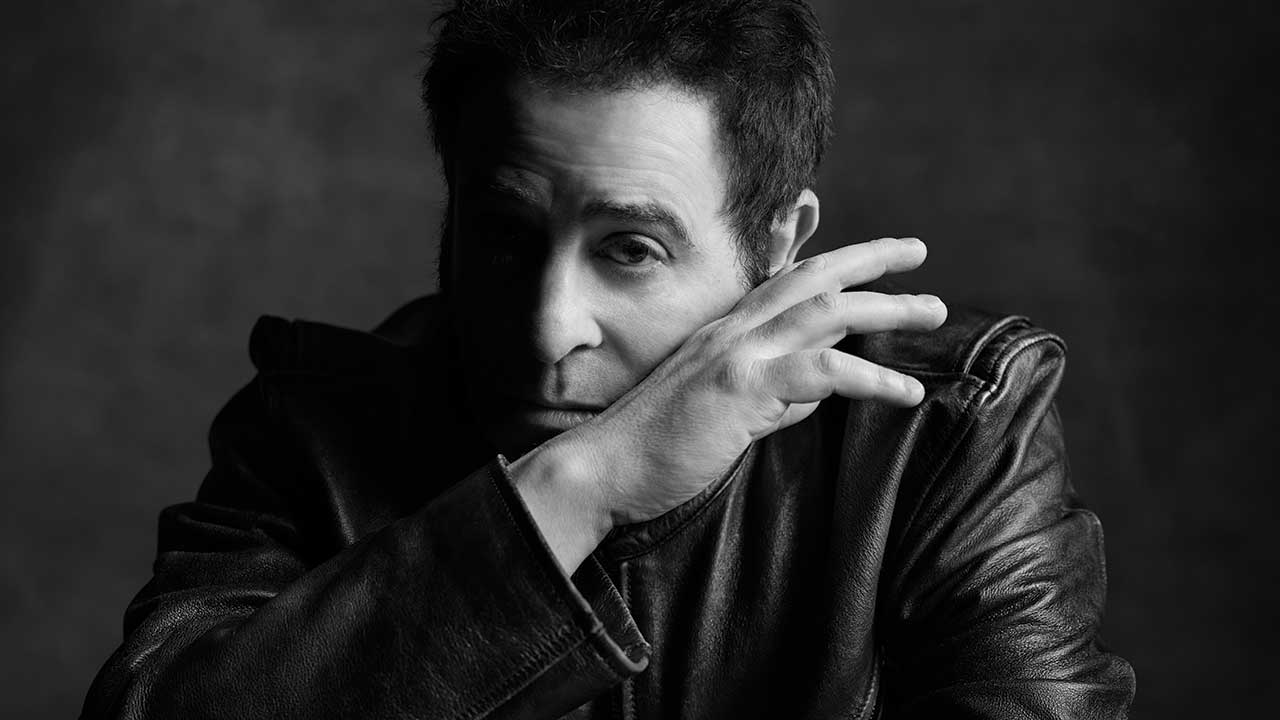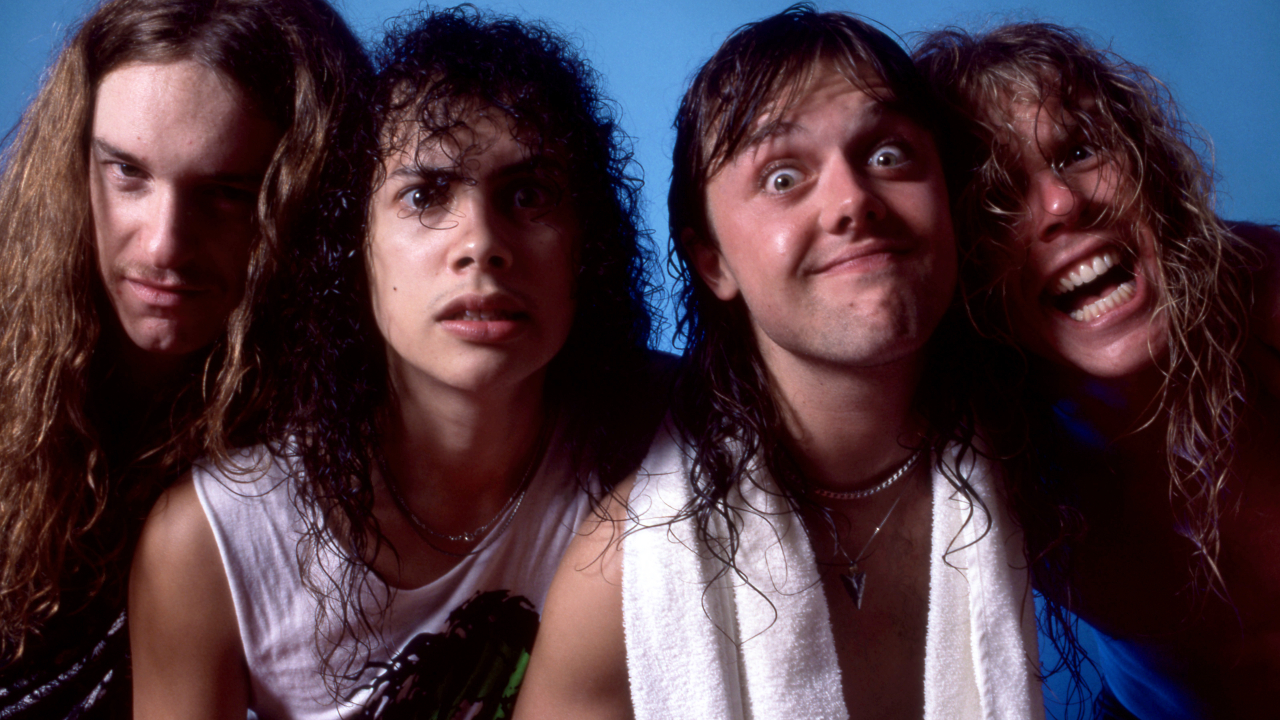Counting Crows' Adam Duritz: despair, hope, and hunting rabbits
Counting Crows frontman Adam Duritz on mental illness, dairy produce, romance, the band’s new EP Butter Miracle, Suite One, and shaving off his dreads

On Counting Crows’ 1993 album August And Everything After, band leader Adam Duritz announced his quietly devastating songcraft, sketching broken lives in small towns and hollow dreams of fame with an eloquence worthy of Bruce Springsteen.
True to the sentiment of breakthrough hit Mr. Jones, stardom hasn’t always suited the singer, who is open about his struggles with mental illness. But Duritz says this year’s Butter Miracle, Suite One, the band's four-song EP, which has shades of The Band and Mott The Hoople, is the product of the happiest period of his life.

Apparently you wrote these songs on a friend’s farm in the West Country
Yeah. I went over there in August of 2019, planned to stay a couple of months. Shaved my head the day I got there, totally on a whim. Sometimes my girlfriend was there as well, but a lot of the time it was just me and two dogs. I’d go out and feed the chickens, get the eggs in the morning. We’d hunt rabbits sometimes. It’s weird, because I’ve always been such a city kid, but I like the solitude sometimes. One day I rented a piano from London and just started writing The Tall Grass.
Why did you shave your head?
I guess I’d been thinking about shaving my dreads for a while. I was just washing my face, and I grabbed the clippers. Then I went and shocked the shit out of my girlfriend. I haven’t had a haircut in thirty years. Today I’ve got a bit of a Wolverine thing happening.
What subjects did you write about?
Sign up below to get the latest from Classic Rock, plus exclusive special offers, direct to your inbox!
It’s still a lot of the same themes, like living with the wreckage of your childhood, and the things that have been difficult for me in my life. I was also delving into the things that comforted me in all the years when things were really hard. And that was music.
Elevator Boots looks at it from the perspective of someone in a band, the joy and desperation of that life. And then Bobby And The Rat-Kings looks at it as a fan, and how much music defined my life. These songs are about despair, and they’re about hope.
You sounded quite troubled when we last spoke, in 2007
Oh, I was a wreck. When we were in the middle of [2008 album] Saturday Nights & Sunday Mornings, I thought that was the end for me. I really felt like I was losing my mind. Mental illness is a hard thing to deal with. Sometimes it feels like you’ve got a grip on it, and sometimes it feels like you’re losing your grip.
You’re happy in your personal life now. Did you worry that love would ruin your songwriting?
Not really. When I’ve been in romances, I’ve often written a lot of my best stuff. The difference with this [relationship] is that it’s lasted. Truthfully, for most of my life I just didn’t think being happy was particularly important. I felt like making a mark in the world, making art, leaving something behind. That was all that mattered, and happiness was overrated. Which is maybe a dumb and ignorant young person’s thought.
Why ‘Butter Miracle’?
It was just a surreal little title that was absolutely correct for this record. The sleeve art is of a woman carrying a very threatening butter knife, too.
Henry Yates has been a freelance journalist since 2002 and written about music for titles including The Guardian, The Telegraph, NME, Classic Rock, Guitarist, Total Guitar and Metal Hammer. He is the author of Walter Trout's official biography, Rescued From Reality, a music pundit on Times Radio and BBC TV, and an interviewer who has spoken to Brian May, Jimmy Page, Ozzy Osbourne, Ronnie Wood, Dave Grohl, Marilyn Manson, Kiefer Sutherland and many more.

